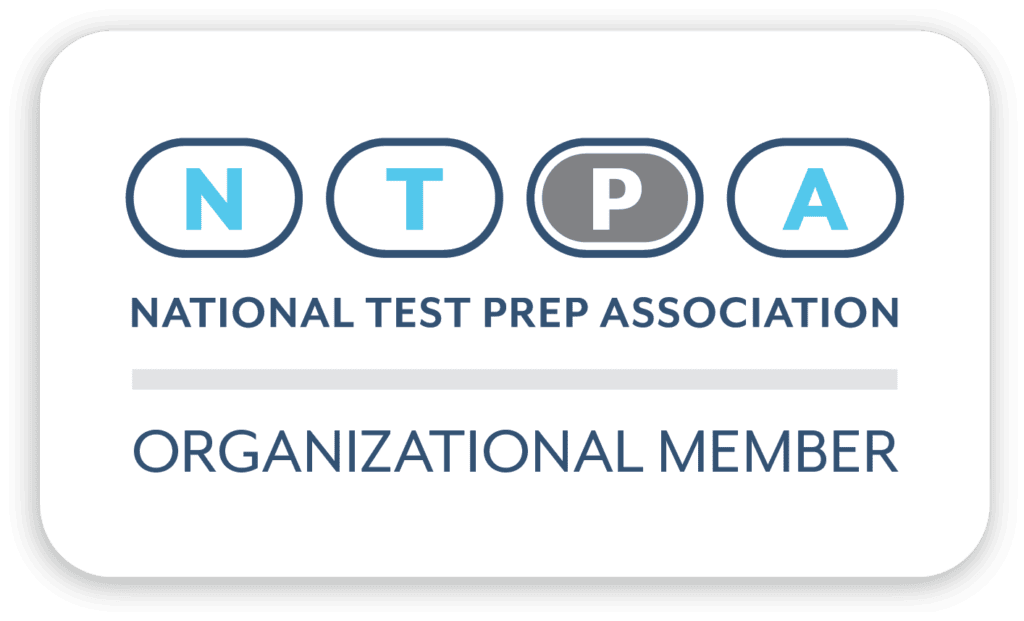- Don’t study individual words, study clusters of connected words and focus on relationships
- Multi-sensory studying: use visuals, recreate diagrams, watch videos and use google image search, re-write concepts or handwrite flashcards
- Prioritize: color code the review sheet and start on the hard/confusing stuff, your review may differ for each
- Re-do problems from past assignments
- Crowdsource, but don’t stop there: gathering online resources or using a class-created review guide is a good first step, but remembering it all is hard
- Try teching it: if you can explain it, you get it
- Consider a memory palace for chronological memorization
- Any suggestions you may have for paring down the overwhelming amount of material / determining what’s important
- I liked the suggestion of setting up a meeting with the teacher to review tests and identify areas where they might not have done too well
- For Math, don’t just do and then redo the review sheet. You might get problems the second time through because you recall how to solve that specific problem. Try similar problems from the textbook/past chapter review sheets to see if you feel comfortable with the approach
- Create a calendar showing when the tests are, and block out times during the preceding days for when you will prepare for each.
- Move beyond just writing down textbook definitions for terms on a review sheet – try to write in language that you understand. For example, if you write down for US Congress that it is a “bicameral legislature” but you don’t know what bicameral means, it’s not as helpful as saying “a law-making body with two chambers”
Menu






